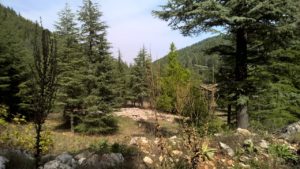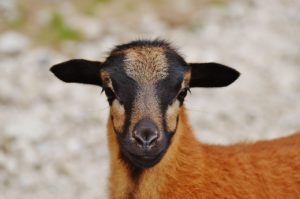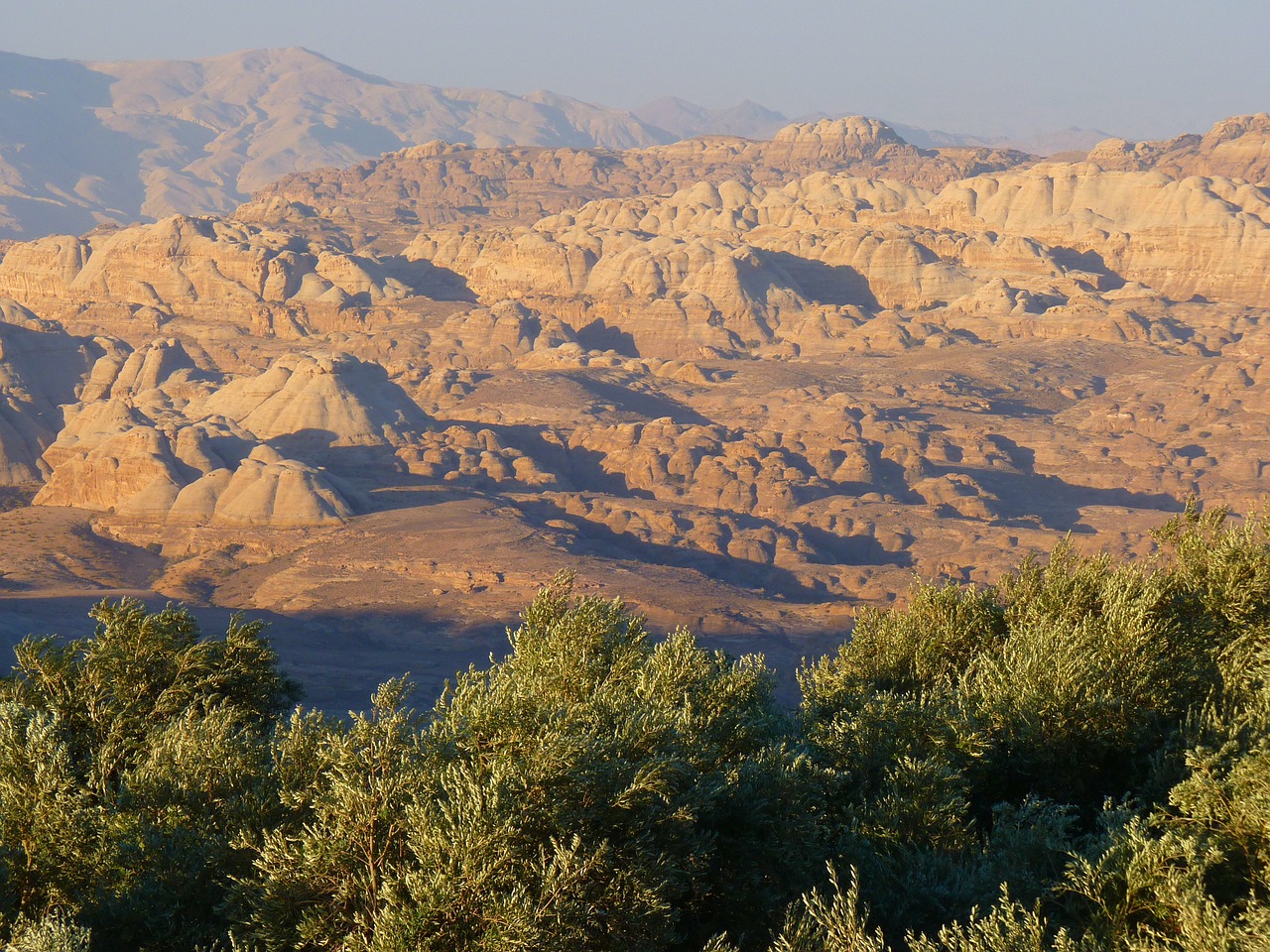 In July 1990, a little over a year after the end of the Soviet-Afghan War, engineer Mohammad Kabir and a group of Afghan technical professionals formed Partners in Revitalization and Building (PRB). An independent, non-governmental development organization, PRB is dedicated to assisting the people of Afghanistan in reestablishing a peaceful and secure, socially integrated, and economically stable society. PRB strives to empower all Afghans and to achieve sustainable improvements in the welfare and livelihoods of residents in both rural and urban communities. Utilizing a participatory model, PRB emphasizes cooperation among people from diverse backgrounds and active involvement of beneficiaries in the design and implementation of all of its development projects.
In July 1990, a little over a year after the end of the Soviet-Afghan War, engineer Mohammad Kabir and a group of Afghan technical professionals formed Partners in Revitalization and Building (PRB). An independent, non-governmental development organization, PRB is dedicated to assisting the people of Afghanistan in reestablishing a peaceful and secure, socially integrated, and economically stable society. PRB strives to empower all Afghans and to achieve sustainable improvements in the welfare and livelihoods of residents in both rural and urban communities. Utilizing a participatory model, PRB emphasizes cooperation among people from diverse backgrounds and active involvement of beneficiaries in the design and implementation of all of its development projects.
The PRB team comprises nearly 180 personnel, including several technical staff members with a high degree of academic training and experience in their respective fields. Over the years, PRB has carried out more than 210 projects across 14 provinces in the central, northern, northeastern, and southern regions of Afghanistan. The activities cover a broad range of areas, such as engineering and construction, vocational training, animal health and livestock production, agriculture, and emergency aid.
With the aim of supporting lasting change and building self-sufficient communities, PRB follows a long-term strategy based on the development of village based organizations (VBOs). The VBOs in each locality coordinate a comprehensive development program that accounts for all of the community’s needs, ranging from education and health services to water supply and irrigation infrastructure. Thus far, PRB has set up 13 VBOs in the Chardhi, Charasib, and Paghman districts of Kabul Province.
Building and Restoring Public Infrastructure
Since its inception, PRB has facilitated a wide variety of construction projects in rural and urban settings, and its engineering team executes donor-funded projects authorized by the Ministry of Economy. PRB has helped to restore roads and build bridges that open important transportation routes from villages to district centers and from districts to provincial capitals in Khost, Badakhshan, Kunduz, Paktia, and a number of other provinces. In order to secure facilities for vital public services, its engineers have also participated in the construction or rehabilitation of hospitals and health centers, schools, emergency shelters, and government offices.
The availability of safe drinking water remains limited throughout much of Afghanistan, leading to a high prevalence of waterborne disease among the population. In response, PRB has undertaken the construction of wells and water supply systems, as well as the repair of conduits to draw water from natural springs. As part of a broader effort to boost agricultural output throughout Afghanistan, PRB has assisted farmers by restoring and upgrading flood protection walls and various irrigation infrastructure, such as aqueducts, flumes, and diversion channels.
Boosting Agriculture and Preserving Forests
 The core of PRB’s actions to enhance agricultural yields lies in field testing and the distribution of higher-quality varieties of grain and vegetable seeds. Along with developing improved seeds on its own farms, PRB acquires seeds produced by the International Center for Agricultural Research in the Dry Areas and the Food and Agriculture Organization of the United Nations. Throughout the years, PRB has supplied hundreds of Afghan farmers with vegetable, wheat, rice, and maize seeds that are better suited for cultivation in their environs than the varieties that they previously planted. PRB further reinforces farmers’ capabilities to successfully grow their crops by organizing training in areas such as seed handling and water conservation.
The core of PRB’s actions to enhance agricultural yields lies in field testing and the distribution of higher-quality varieties of grain and vegetable seeds. Along with developing improved seeds on its own farms, PRB acquires seeds produced by the International Center for Agricultural Research in the Dry Areas and the Food and Agriculture Organization of the United Nations. Throughout the years, PRB has supplied hundreds of Afghan farmers with vegetable, wheat, rice, and maize seeds that are better suited for cultivation in their environs than the varieties that they previously planted. PRB further reinforces farmers’ capabilities to successfully grow their crops by organizing training in areas such as seed handling and water conservation.
For orchard owners and arborists, PRB maintains demonstration nurseries where they can learn good practices in fruit growing, tree planting and handling, and nursery management. PRB also leverages its nurseries to provide farmers with a wide variety of fruit tree saplings at a more affordable price than those available on the commercial market. From its forestry nursery, PRB distributes tree saplings at no cost to government agencies and private organizations in order to promote their participation in crucial environmental preservation efforts.
Supporting Farm Animal Health and Production
Complementing its agricultural activities, PRB supports the health and productivity of farm animals through veterinary and livestock management programs. Since 2001, PRB has operated veterinary field units (VFUs) in the provinces of Kunduz, Baghlan, and Takhar. The veterinary doctors and other trained animal health professionals at each VFU perform services such as disease treatment, vaccination, and parasitic worm elimination.
 Recognizing that livestock production constitutes a principal source of income for rural Afghans, PRB runs multiple extension programs to teach best practices to Afghanistan’s small and large livestock owners who largely lack training in contemporary techniques of animal husbandry. Along with instruction in areas such as feed preparation and proper methods for milking sheep and goats, animal producers receive training in the commercial marketing and distribution of their products.
Recognizing that livestock production constitutes a principal source of income for rural Afghans, PRB runs multiple extension programs to teach best practices to Afghanistan’s small and large livestock owners who largely lack training in contemporary techniques of animal husbandry. Along with instruction in areas such as feed preparation and proper methods for milking sheep and goats, animal producers receive training in the commercial marketing and distribution of their products.
For over 15 years, PRB has run a program to support apiculture, commonly known as beekeeping. The program delivers training and hive boxes for beekeepers, along with starter bee colonies paid for on credit. A few years after initiating the beekeeping project, PRB began a similar sericulture program to promote silk production in the Charasib and Chardi districts of Kabul Province. Decades of conflict in Afghanistan had resulted in the collapse of the country’s traditional silk production industry due to the destruction of mulberry trees, the leaves of which comprise the primary food source for silkworms. PRB’s sericulture program maintains a mulberry nursery in Kabul to nourish silkworms and to train individuals to rear the moth larvae and extract the raw silk filaments from their cocoons.
Recovering Traditional Handicrafts
Like silkworm production, various small-scale handicrafts common to particular areas of Afghanistan have experienced a decline from the effects of prolonged armed conflict. PRB has sought to improve livelihoods in the communities where it works by reviving the practice of several of these handicrafts as viable sources of economic activity and income.
For example, the displacement of people from the Turkhaman and Uzbek communities in the northern and western provinces of Afghanistan led to the relocation of traditional carpet weavers to neighboring countries and the loss of this profitable craft. PRB has supported the rejuvenation of carpet weaving through programs in Kabul and Faryab that trained carpet weavers and provided them with looms, raw materials, and other necessary supplies to begin commercial practice of the trade.
Similar vocational training initiatives launched by PRB teach individuals embroidery, leather work, patu weaving, and jewelry making, with each program based in regions of the country where the targeted handicraft has an established history and connection to the community.

